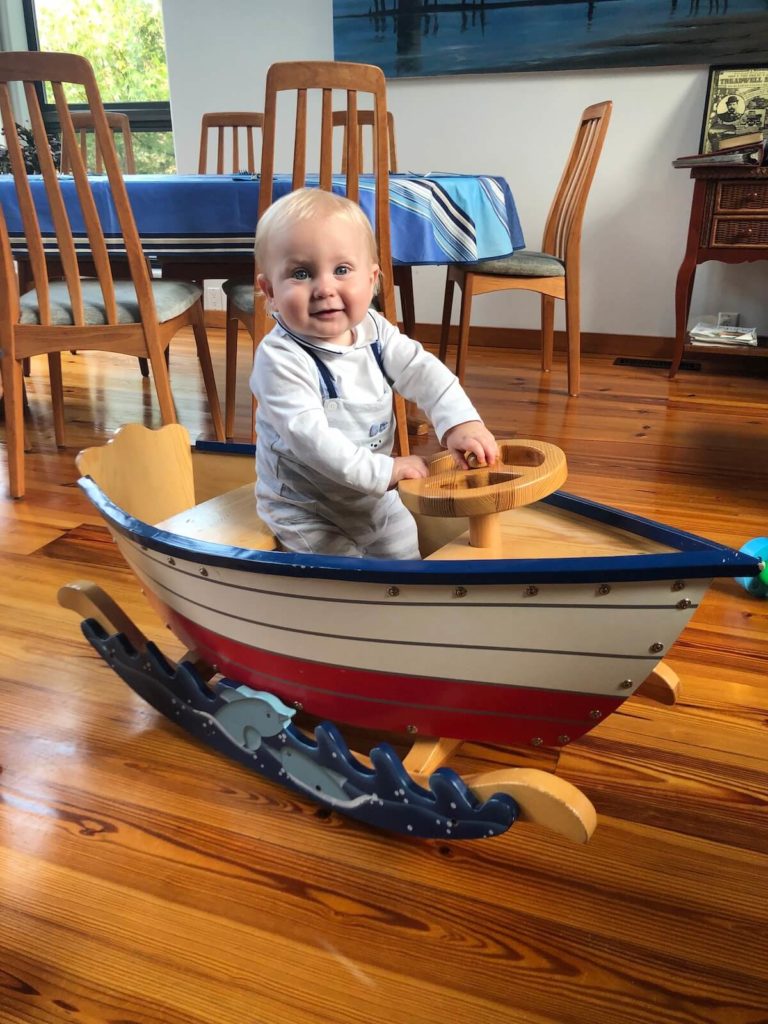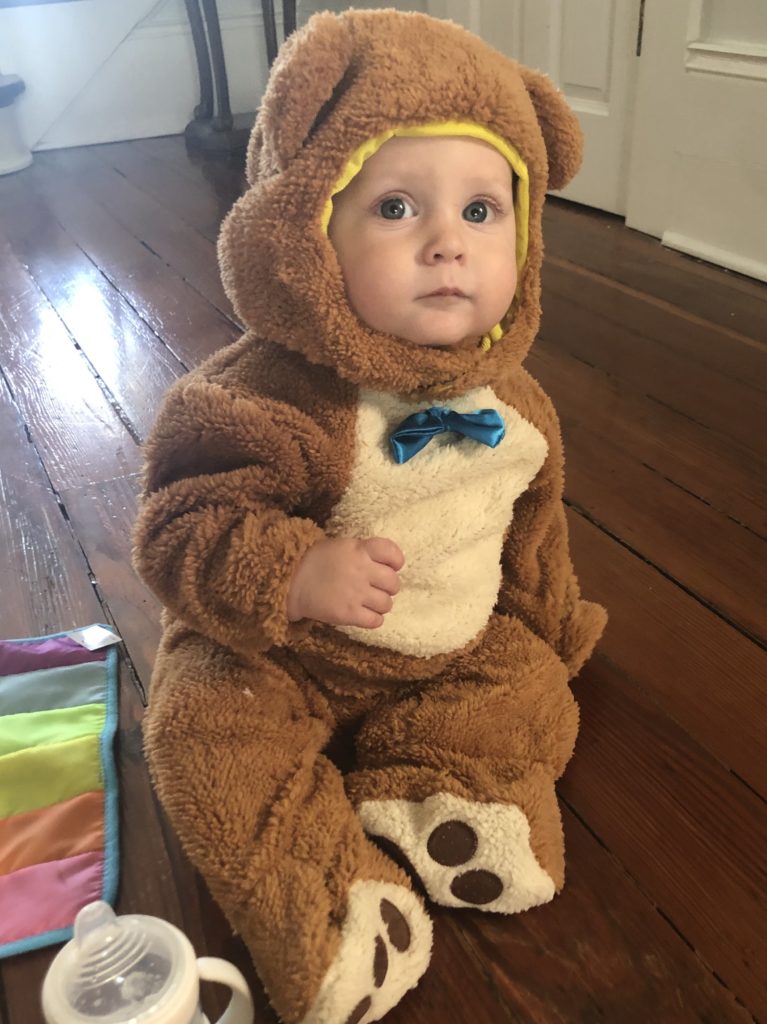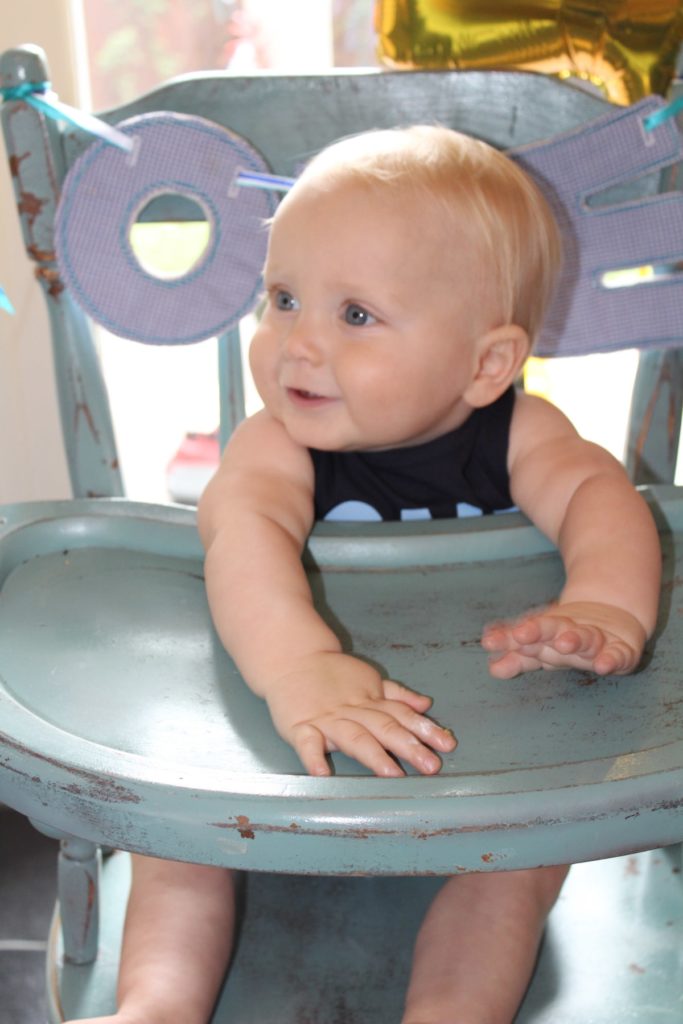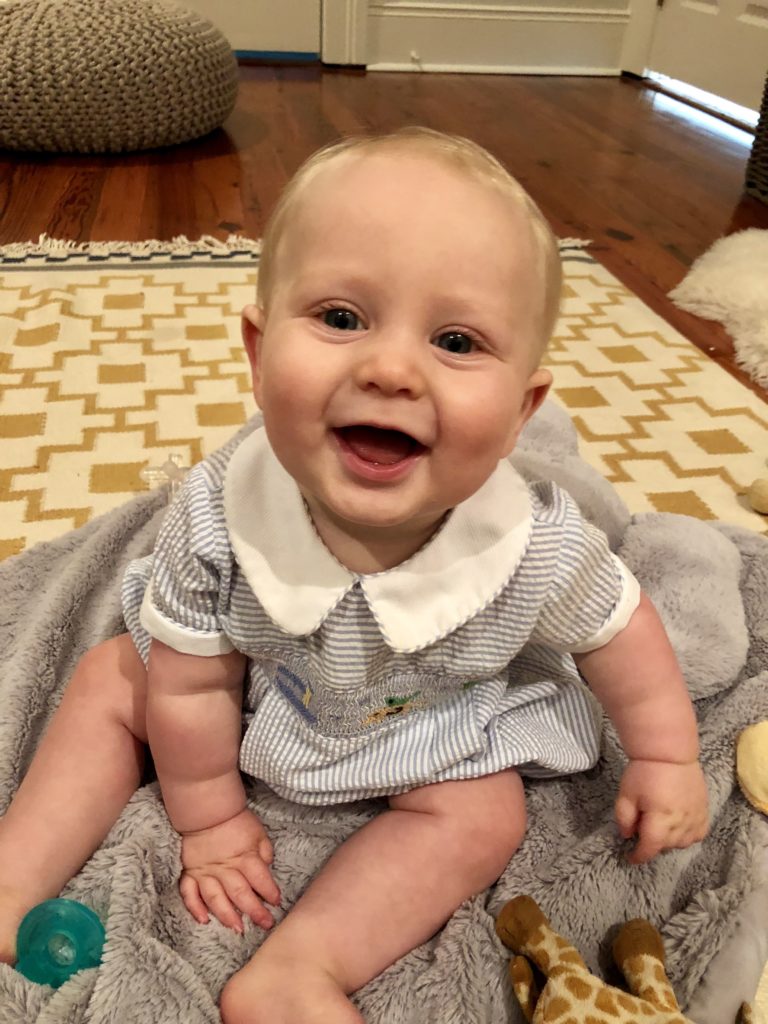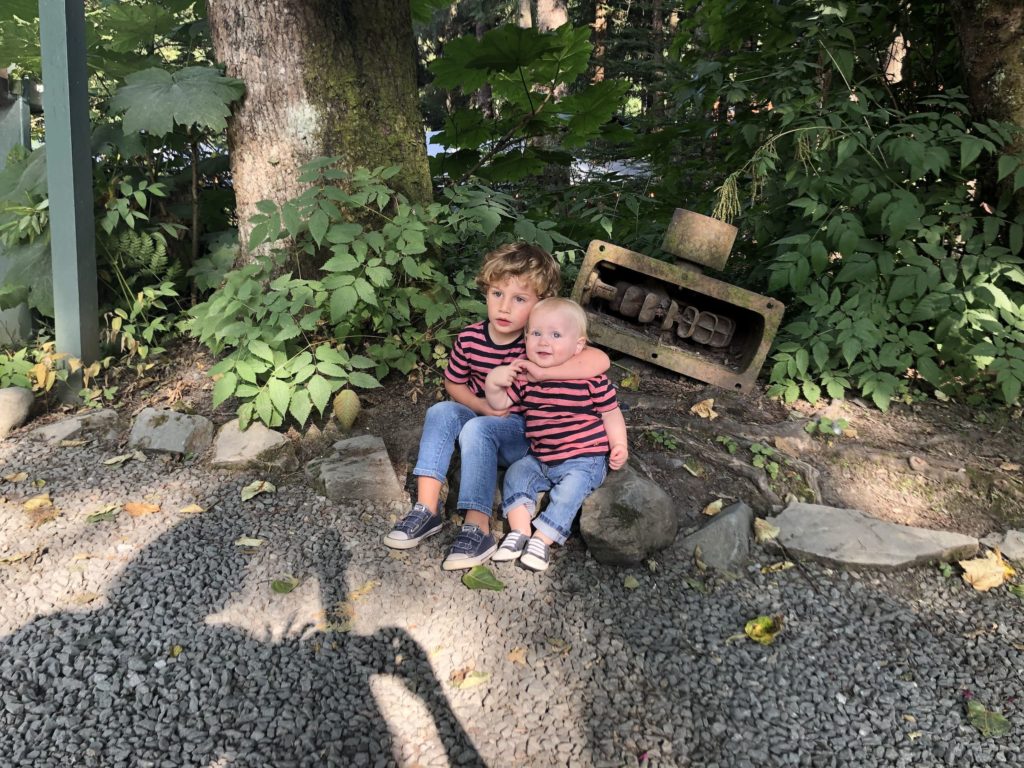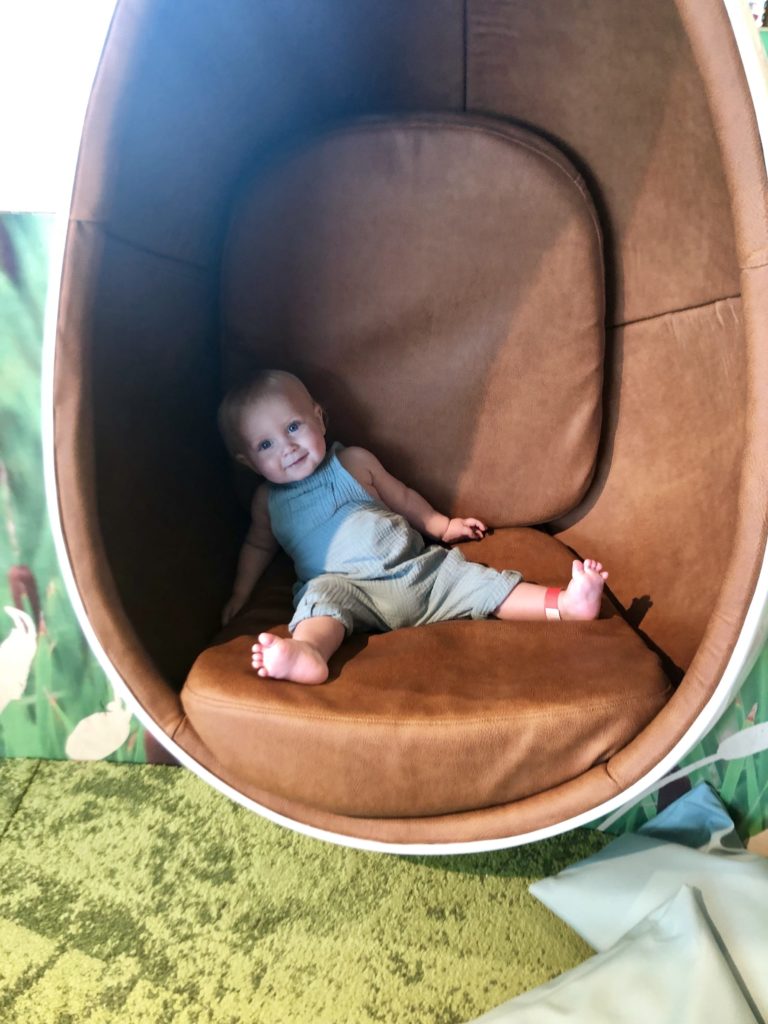
Charlie Simpson's Story
Charlie Mathieu Simpson entered the scene on June 15, 2018. For his first eight months, Charlie was the chubbiest, happiest baby anyone could have imagined. Somewhat suddenly, his eating habits began to change and he slowly stopped gaining weight – which could have been normal since babies all develop differently. At about 11 months, Charlie began vomiting frequently and developed an excessive thirst for water. Having had no such issues with his 3-year-old brother, Beckett, we found it odd but not terribly alarming.
After a few weeks of inexplicable symptoms, Charlie’s pediatrician noticed that he had dropped from just over the 50th weight percentile to the 2nd percentile and referred him to Children’s Hospital New Orleans for a battery of tests. From those initial tests, we learned that his electrolyte levels were dangerously off, so he was given IV supplements and diagnosed with severe dehydration and general GI issues. He was very uncomfortable and often inconsolable. We were told that his symptoms were “unusual”.
Over nearly two weeks in the hospital, Charlie was visited by a constant rotation of doctors of multiple disciplines, and endured several daily blood tests, and too many imaging procedures to list. He was released from the hospital a few days before his first birthday with a diagnosis of Fanconi Syndrome, a condition where the kidneys fail to manage and balance the body’s electrolytes, and a pending genetic test for nephropathic cystinosis, a very rare genetic disorder with only about 500 known cases in the U.S. and 2000 worldwide.
Cystinosis typically affects the kidneys first – as it did with Charlie – and then the eyes, and eventually destroys every organ in the body.
After about a week, we received confirmation that Charlie did indeed have cystinosis. The diagnosis was heartbreaking and very difficult to process. For 11 months we thought Charlie was a completely healthy baby boy, so we were unprepared for this news and the treatment regimen we now follow religiously.
To allow Charlie’s body to reduce and delay the effects of cystinosis, as well as to properly process the nutrients necessary to live and thrive, he now receives large volumes of medications at precise intervals (to avoid interactions with each other and with food) four times per day, every day for the rest of his life. This requires more than full time attention and often more than one person. Charlie had a gastrostomy tube installed in his little abdomen because the volume (not to mention taste) of medicines made delivering them by mouth exceptionally difficult and painful. We are also able to use his g-tube to supplement his nutrition to ensure he continues to grow. The medications require constant monitoring and frequent adjustments, so Charlie visits the blood lab once a week for testing. He has already become a seasoned veteran at giving blood, tolerating it much better than his mom.
Adjusting from our previous lifestyle as two working parents with two young, healthy kids is a tall task. And we will not accept that it has to be this challenging forever. So we’re taking it as an opportunity to do the best and most important job of our lives – attacking Charlie’s illness from all angles and with all possible resources.
To that end, we find ourselves placing our highest hopes with the recent and amazing work of CRF and its pursuit of a cure, as well as its support for research into less intensive medications for all the children and young adults worldwide suffering from this disease. They have so few advocates compared to those with more common conditions, and as a consequence, so little support for the research that will save their lives.
Charlie, of course, has no idea what is going on and we plan to keep it that way for as long as we can. Please share Charlie’s story with anyone who might be at risk (however unlikely) or interested in learning more about this very rare disease and the efforts to cure it.
Love,
Carli and Kevin Simpson

